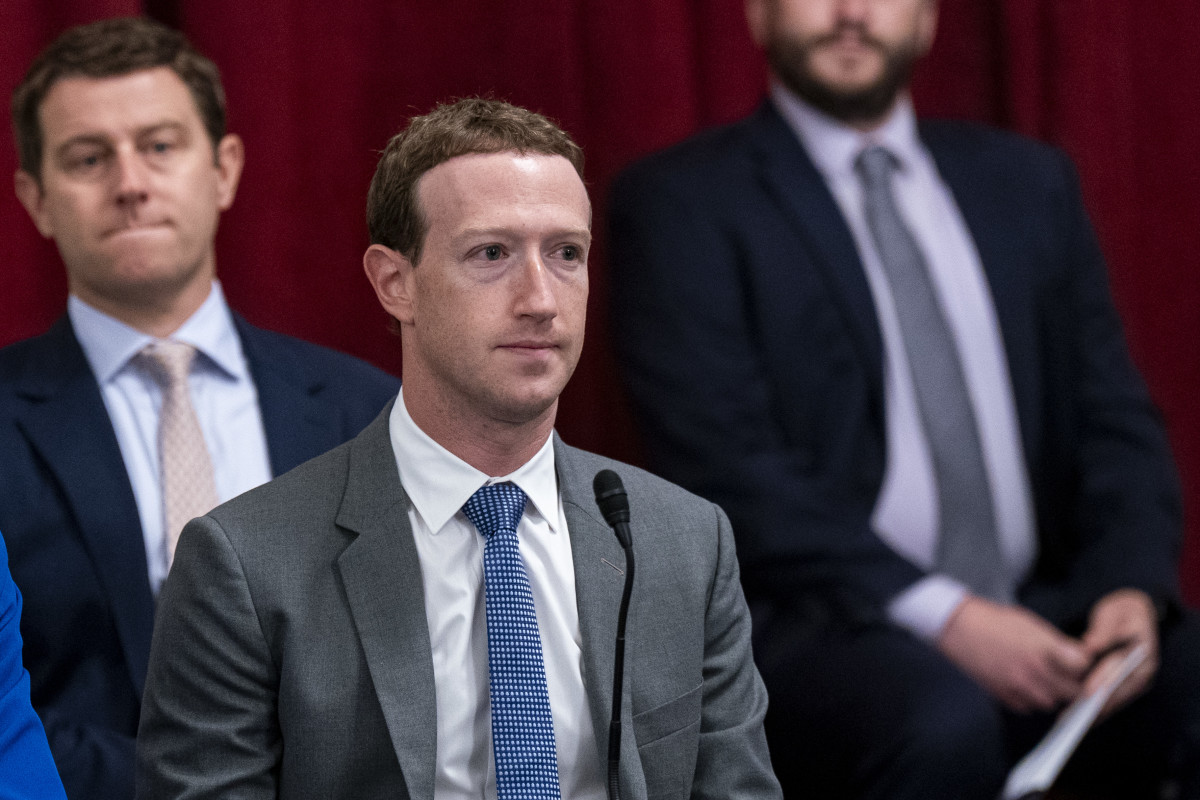
Social media has grown from a way to connect with people online to a platform to showcase one's life and learn new information.
But social media is not always the safest place due to the rise of cyber attacks and the prevalence of misinformation especially for the youth who are often on the platforms but are susceptible to its risks.
New court documents show that Meta META CEO Mark Zuckerberg — whose company owns major social media platforms like Facebook and Instagram — either ignored or rejected proposals from top Meta executives who suggested changes to Instagram that could have improved the well-being of millions of teens.
The court documents were unsealed after they were originally filed in a state court in Massachusetts last month.
Related: Mark Zuckerberg's net worth: What the Facebook founder makes
An unredacted version of the complaint filed by Massachusetts officials this week said that one of the proposals that Zuck denied was the disabling of "beauty filters" on the app. This is a technology that changes a user's appearance and promotes unrealistic beauty standards that could potentially affect the mental health of teenagers.
Zuckerberg rejected its removal in April 2020, months after his staff presented the proposal to him, and said that there was a "demand" for these filters.
The proposal was reportedly pushed by Meta's vice president of product design Margaret Gould Stewart, and she eventually wrote back to Zuckerberg after he denied the pitch.
"I respect your call on this and I’ll support it, but want to just say for the record that I don’t think it’s the right call given the risks," Stewart wrote. "I just hope that years from now we will look back and feel good about the decision we made here.”
Meta spokesman Andy Stone responded to the unsealed documents by pointing fingers, saying that "filters exist across every major social platform and social camera." He added that Meta bans filters that go to the extreme when altering weight or changes in skin color.
Related: Mark Zuckerberg's Facebook earnings call caused Elon Musk even more pain
Instagram President of Global Affairs Nick Clegg asked Zuckerberg in August 2021, the year following the rejected beauty filter proposal, to invest further in the well-being aspect of the social media platforms.
Zuckerberg reportedly did not respond to Clegg's proposal until November, when Clegg mentioned the concerns again. Zuckerberg responded indirectly through Susan Li, Meta's chief financial officer, by saying that "staffing was too constrained to meet the request."
Former Facebook engineering director Arturo Bejar testified to US lawmakers this week, and he said that the reasons for Zuckerberg's rejections are driven by his approach to data.
Bejar told CNN that he believes "Mark needed causal data" to show that users perceptions of themselves were being altered because of the beauty filters. The lack of data is likely what led to Zuckerberg proposal rejections.
He added that people who worked at Meta believed that the "level of proof" Zuckerberg needed to make a decision was "too high" and "an impossible standard to meet."
Action Alerts PLUS offers expert portfolio guidance to help you make informed investing decisions. Sign up now.







